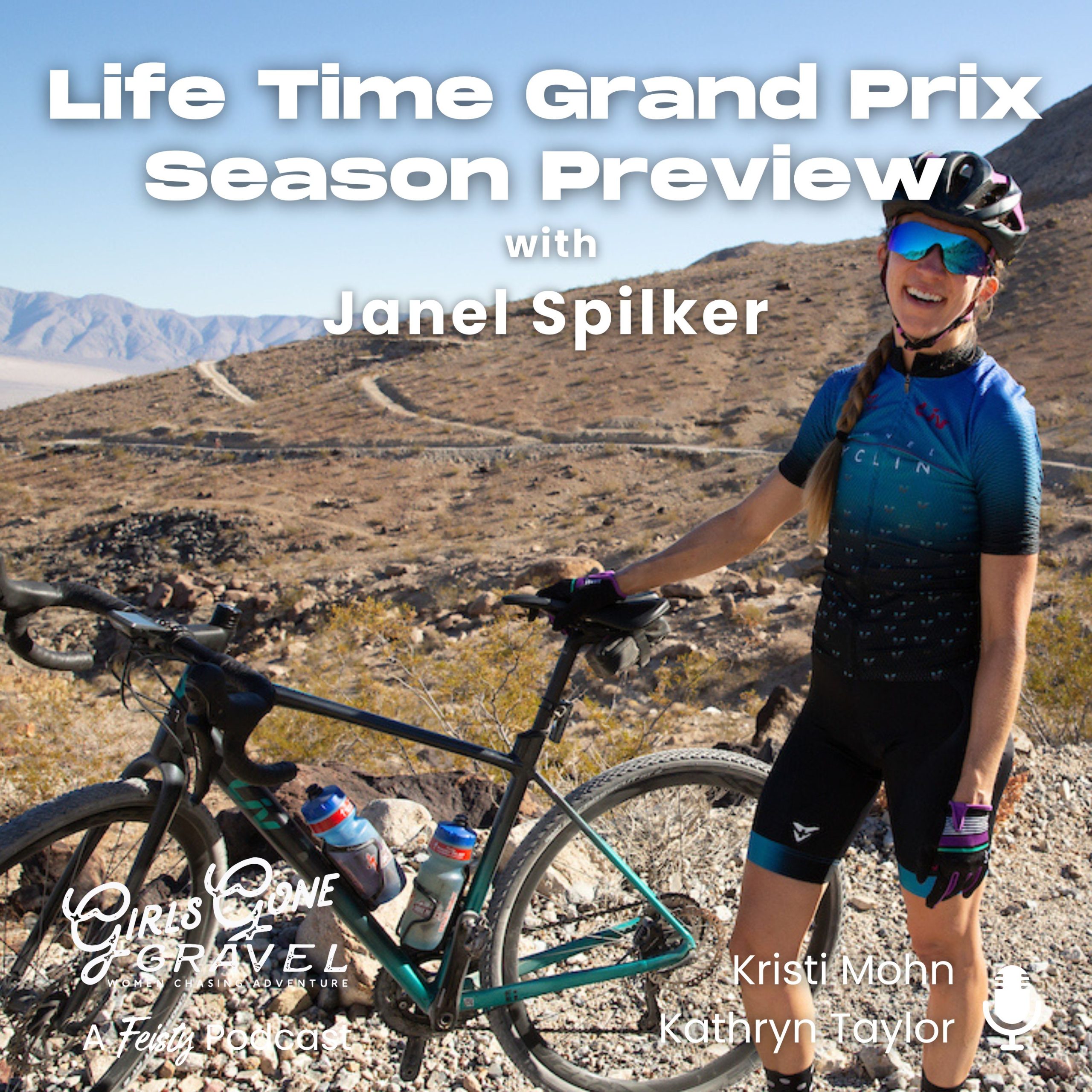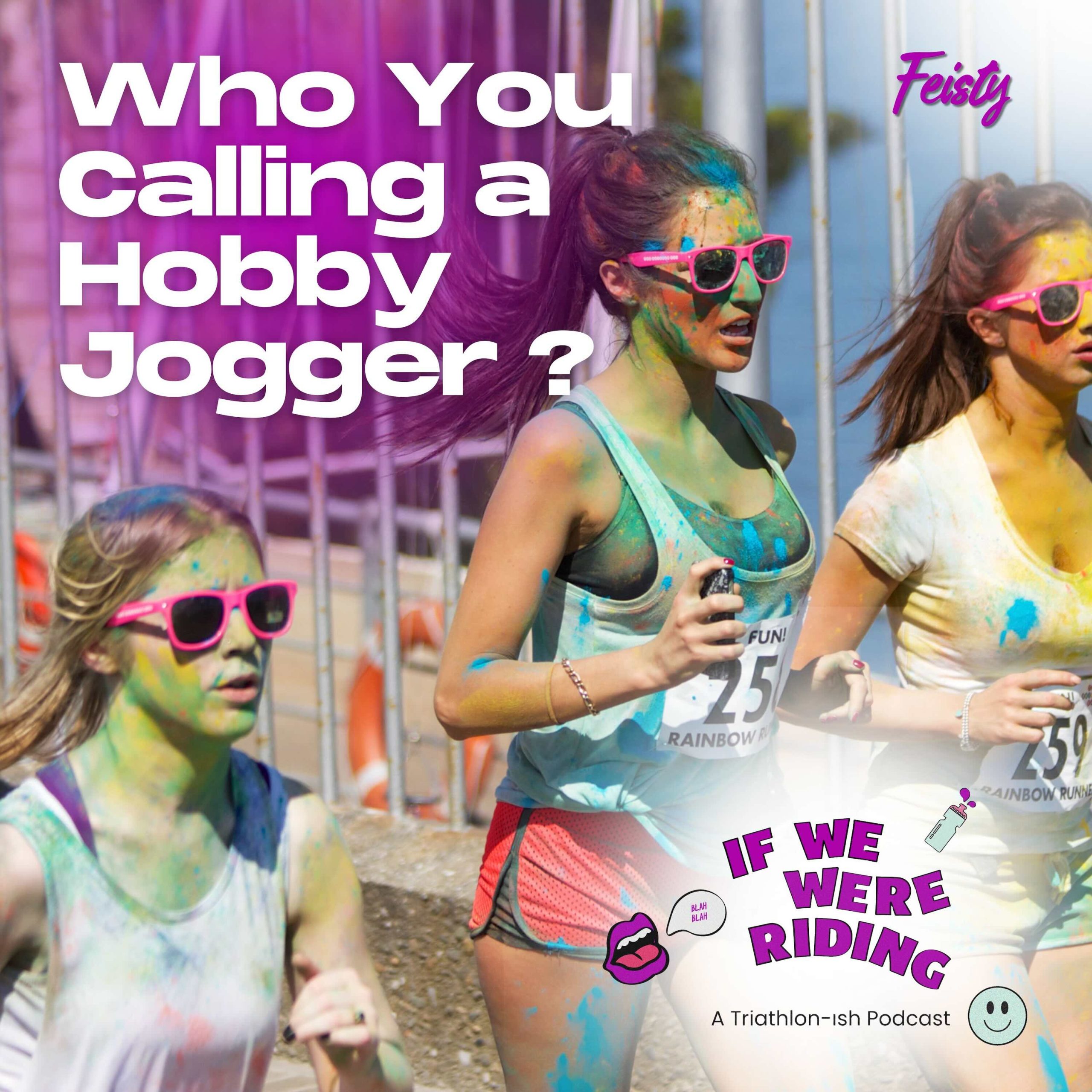July 4, 2018
Newsletter ep. 42: European racing, Roth, FKTs, and 40 years of IM
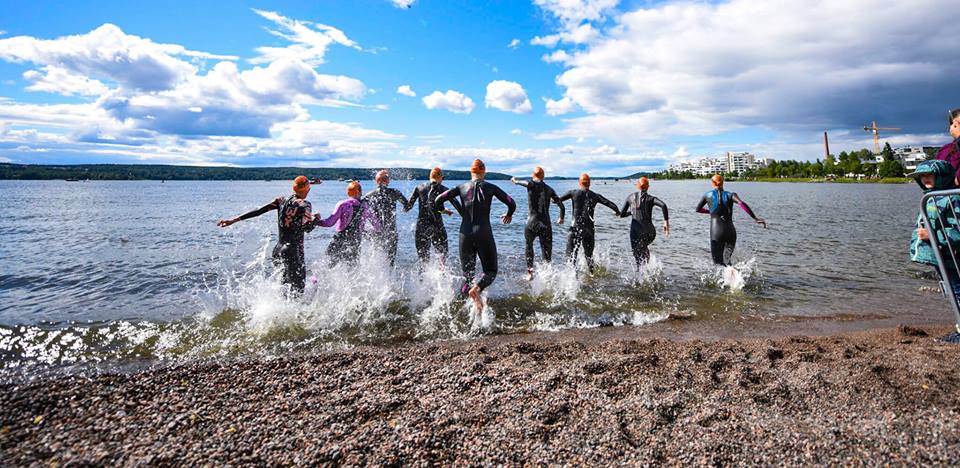
If We Were Riding’ is a weekly triathlon-ish newsletter written by Kelly O’Mara and produced by Live Feisty Media. Subscribe to get it in your inbox every Wednesday morning. You can also read past issues. This episode is from July 4, 2018.
____________________________
Happy America Day (from Sweden)! Yep, I’m still in Europe and so this’ll be a bit short as I’m typing from the airport. There are probably lots of things to say about triathlon-ing in Finland, but we’ll save the vaguely grand generalizations for next week after I’m back in the U.S. And, anyway, I still have another race, and maybe Sweden will be *completely different.* But if you need some things to talk about while you’re riding, now’s probably a good time to catch up on past podcast episodes. As you celebrate America.
Racing into the midnight sun
The above photo is from Ironman Finland. It’s the nine of us running into the 4 p.m. start, with everything still in front of us as potential. I’ve been trying to think of something to sum up the race that’s sufficiently pithy and moderately motivational and broadly applicable yet introspective—since that’s what we come to the internet for anyway, Twitter bite pop psychology—but I’ve got nothing. (And, yes, in case you can’t tell from the tone: it didn’t go great.)
It turns out light and dark and circadian rhythms matter. (Sophisticated science here.) And the 24-hour light knocked me on my ass. And I could barely keep my eyes open and stay upright. Much less race a 70.3 And, so, somedays finishing is the win. And, in the process, it didn’t turn out as completely terrible as I was anticipating. It was fine. It got done. Then I went to bed but not to sleep.
Maybe there’s a lesson in there. Or maybe there’s not and it’s simply a thing that happened and we should stop trying to turn triathlon into metaphors for life. Now, on to the rest of the news from the week.
Roth & Austria
Two big European Ironman-distance races happened this weekend: the only-and-one Challenge Roth in Germany and Ironman Austria.
If you haven’t seen this photo of the first and second place women at Roth just after their sprint to the line, well, it made the front page of the local newspaper there for a reason. Daniela Saemmler held off Lucy Charles by nine seconds for the win. And Sebastian Kienle took the men’s title in 7:46. Which is blazing. Plus, his Triathlete Mag Q&A post-race is entertaining.
Challenge Roth remains one of the rare non-Ironman branded races that sells out nearly instantly and is considered an iconic event of the sport. It doesn’t seem to matter that live coverage is spotty and insular, everyone who races there becomes a proselytizer for the massive crowds and unique atmosphere. Now, if only Challenge could replicate that in the rest of its events.
And then there was Ironman Austria. Maureen Hufe and Michael Weiss won. And third-place Emma Pallant finished her first Ironman and locked down her Kona spot (after her second place at 70.3 World Championships last year). However, on the 20th anniversary of the race, it was not without controversy—as these things go. Weiss has served a doping ban before, as has the second-place woman Lisa Hütthaler. And then there are the allegations of drafting and motor-pacing, to the point that an official complaint was filed and all the pro women after fourth were advanced five minutes.
FKTs FTW
The FKT (or Fastest Known Time) has been a thing basically since people had enough free time to worry about who got from one point to another the fastest. Or even when they didn’t have free time: Read this amazing story about the great grandmother who became the first woman to hike the entire Appalachian Trail in one season back in 1955.
But since mass-marketed GPS devices made the verification of self-reported times easier (and Strava made comparing segments ubiquitous), going after FKTs has exploded in popularity. Emelie Forsberg, a mountain running queen, set two in the last two weeks: up Mt. Blanc and Monte Rosa. And she’s now striking out on the 450-kilometer King’s Trail in Sweden. On the other extreme end of things: Holly Harrison walked from the southern tip of Argentina to the northern point of Alaska in 530 days last month.
And don’t forget Live Feisty’s own Alyssa Godesky going after her FKT attempt on the Long Trail in a few weeks.
Maybe these are the hot new thing because they are, in a way, the oldest thing.
What can we learn from running?
The new survey of running participation numbers was released this week and registrations are fairly steady over last year. (Though, evidently, Running USA started counting registrations a few years ago instead of finishes or starts.) Women also continue to account for 59% of running registrations—a consistent trend over the last decade.
Every time I talk to someone about what triathlon needs to do to grow and attract more people (and it comes up a lot), we end up talking about what running has done. Running has created an easily accessible lifestyle. Anyone who runs is a runner. Running has made itself fun and widespread. Look at any park on the weekends; it doesn’t matter if those runners race or once raced or might run with a friend or only run occasionally. Cycling, by comparison, should be like that—think how many people own bikes—but isn’t. At least in the U.S., it’s divided itself into the serious suffering sport side of things and the casual kids biking to school side. That isn’t the case here in Europe. What can triathlon learn?
_______________________________________________________________________________________
- First thing first: Terenzo Bozzone was hit by a truck while training in New Zealand. Send him good thoughts and send me some thoughts on how to fix this road problem while you’re at it.
- And maybe you’ve missed the memo somehow, but Ironman is celebrating 40 years. Since I’m not in the U.S., I haven’t yet seen the anniversary special that aired on NBC this past week, but I’ll let you know what I think when I get home.
- Raise your hand if you can follow everything happening with Chris Froome and the Tour de France. *lowers arm and sits on both hands* But it sounds like he’ll be on the start line at the Tour? And “the UCI hopes that the cycling world can now turn its focus to, and enjoy, the upcoming races on the cycling calendar.”
- Speaking of doping debacles (and what doping news isn’t a debacle), here’s a story about a testing agent coming to Serena Williams’ house and refusing to leave without administering the test. Except eventually he left without administering the test. And here’s a more cynical take on that event.
- A more uplifting tennis story: Petra Kvitova comes back from the violent attack the sliced open her hand.
- I’m not sure if this is uplifting or just funny, but a look inside Western States’ winner Courtney Dauwalter’s training philosophy includes this insight: “Dauwalter has excelled at slower, more mountainous races like the Run Rabbit Run 100. A fast 100-miler like Western States, where the overall winner routinely finishes well below 16 hours (compared to Run Rabbit Run’s 17 or 18 hours), was out of her wheelhouse.” [emphasis mine]
- For those also curious how Des Linden won Boston and how she does her, she’s on the Finding Mastery podcast talking about all the specifics to her process.
- I’ve written before about the complicated gender dynamics in surfing. And I thought a little bit about that again when the sommelier at one of our local restaurants won the craziest women’s heat at a WSL event yet and no one saw it.
- I also thought about it a lot when I read this: Pin-Ups First, Athletes Second.
- What if Hope Solo is right about one thing? Soccer in the U.S. *is* a “white, rich kids’ sport.”
- And in case you ever wanted hard evidence that stoppage time in soccer games is total bullshit, here it was actually timed for all the World Cup games.
- I never think a story about Crossfit is going to include the line “it turns out that there was something to [Crossfit spokeperson’s] conspiracy theories.” So that makes this one of the odder Crossfit sagas.
Subscribe to the ‘If We Were Riding’ podcast: Stitcher | iTunes | Soundcloud
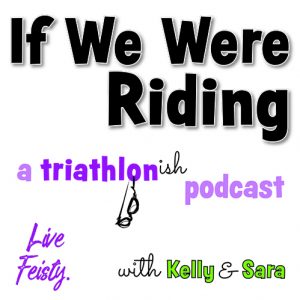


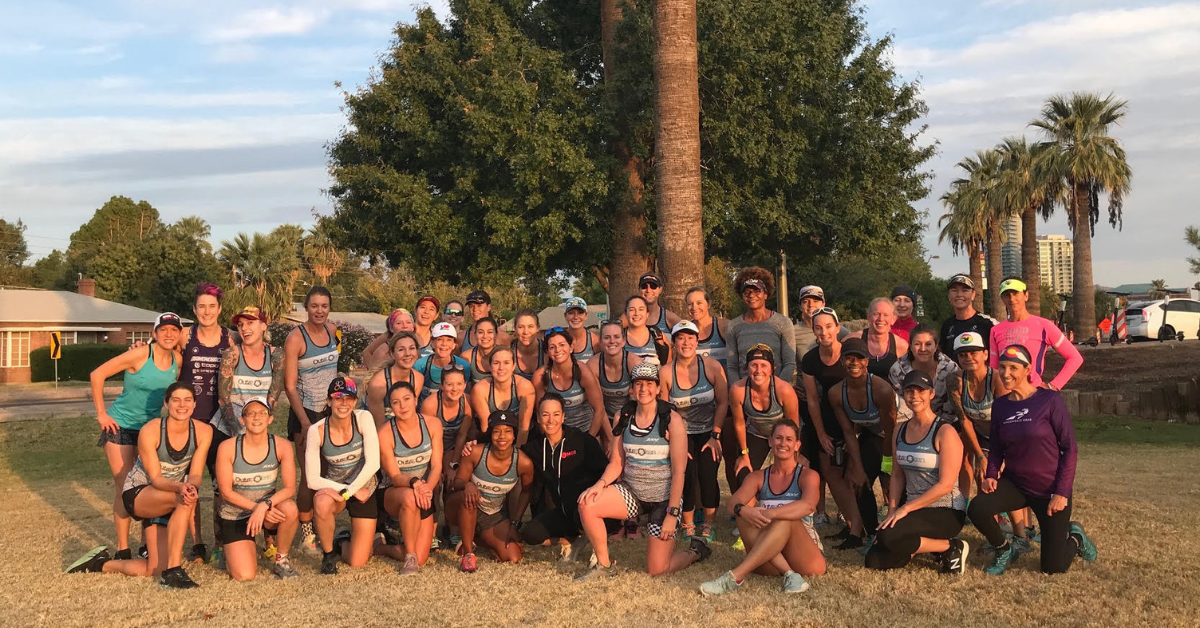 Outspoken Women in Triathlon Summit Returns Bigger than Ever
Outspoken Women in Triathlon Summit Returns Bigger than Ever  Driving the Lamborghini: Productivity and the Power of Paper
Driving the Lamborghini: Productivity and the Power of Paper 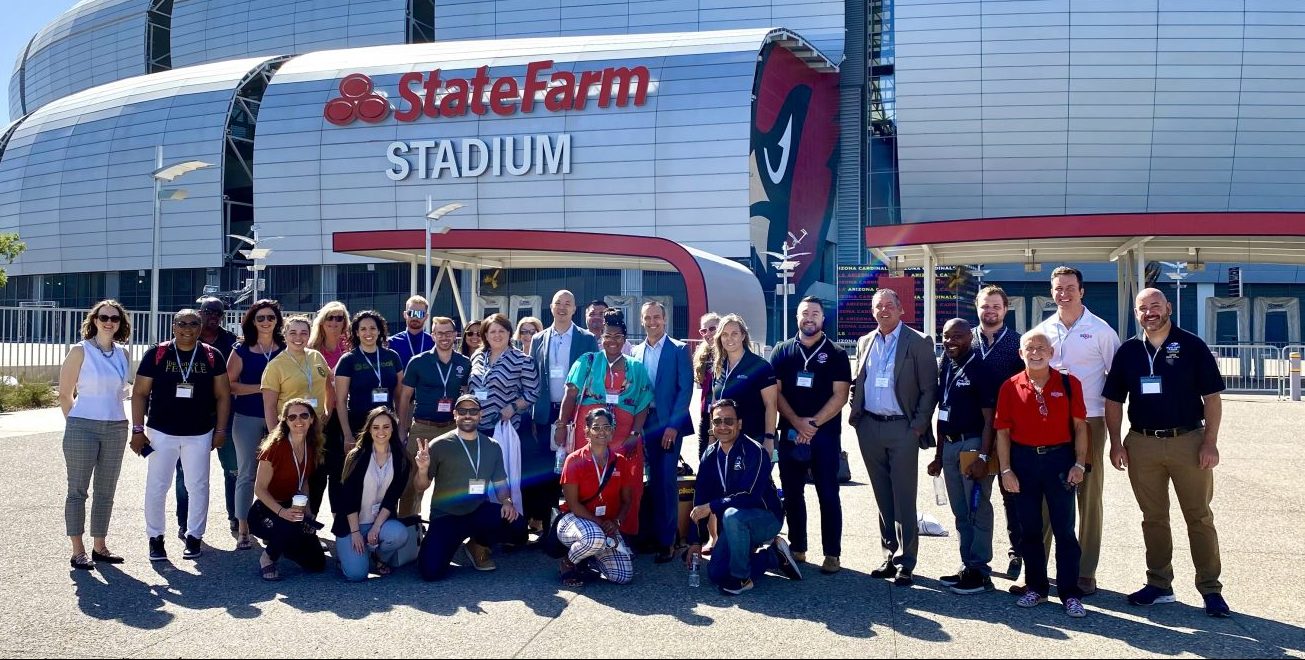 5 take aways from the Compete Sports Diversity Summit
5 take aways from the Compete Sports Diversity Summit 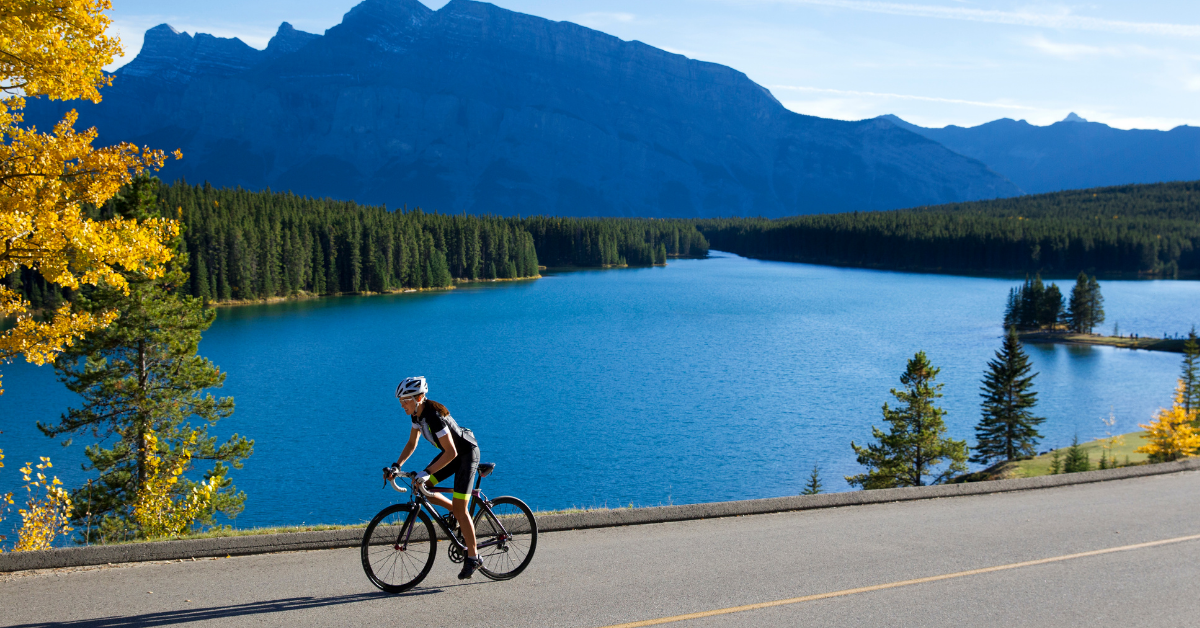 Simple Tips to Hone Your Bike Handling Skills
Simple Tips to Hone Your Bike Handling Skills 